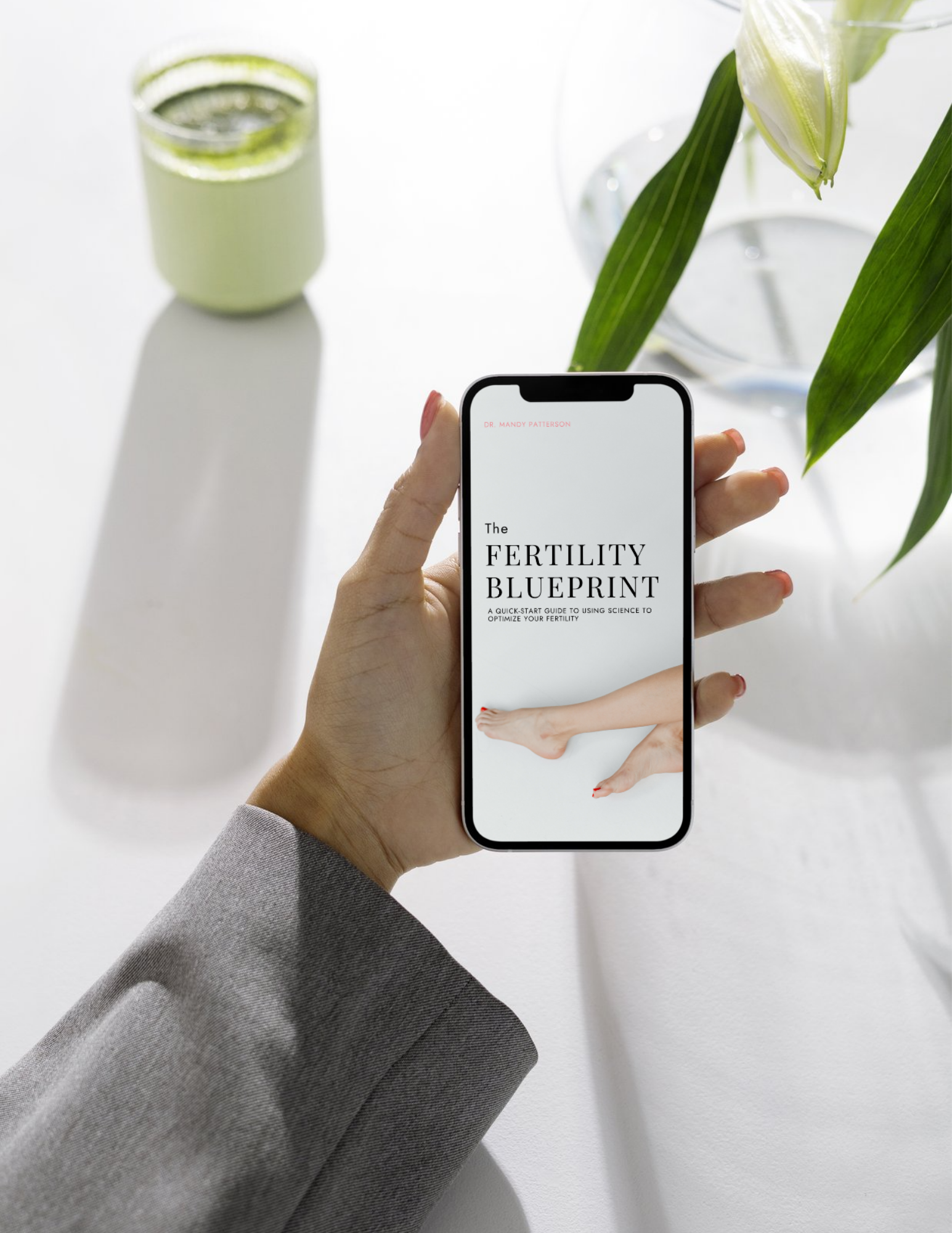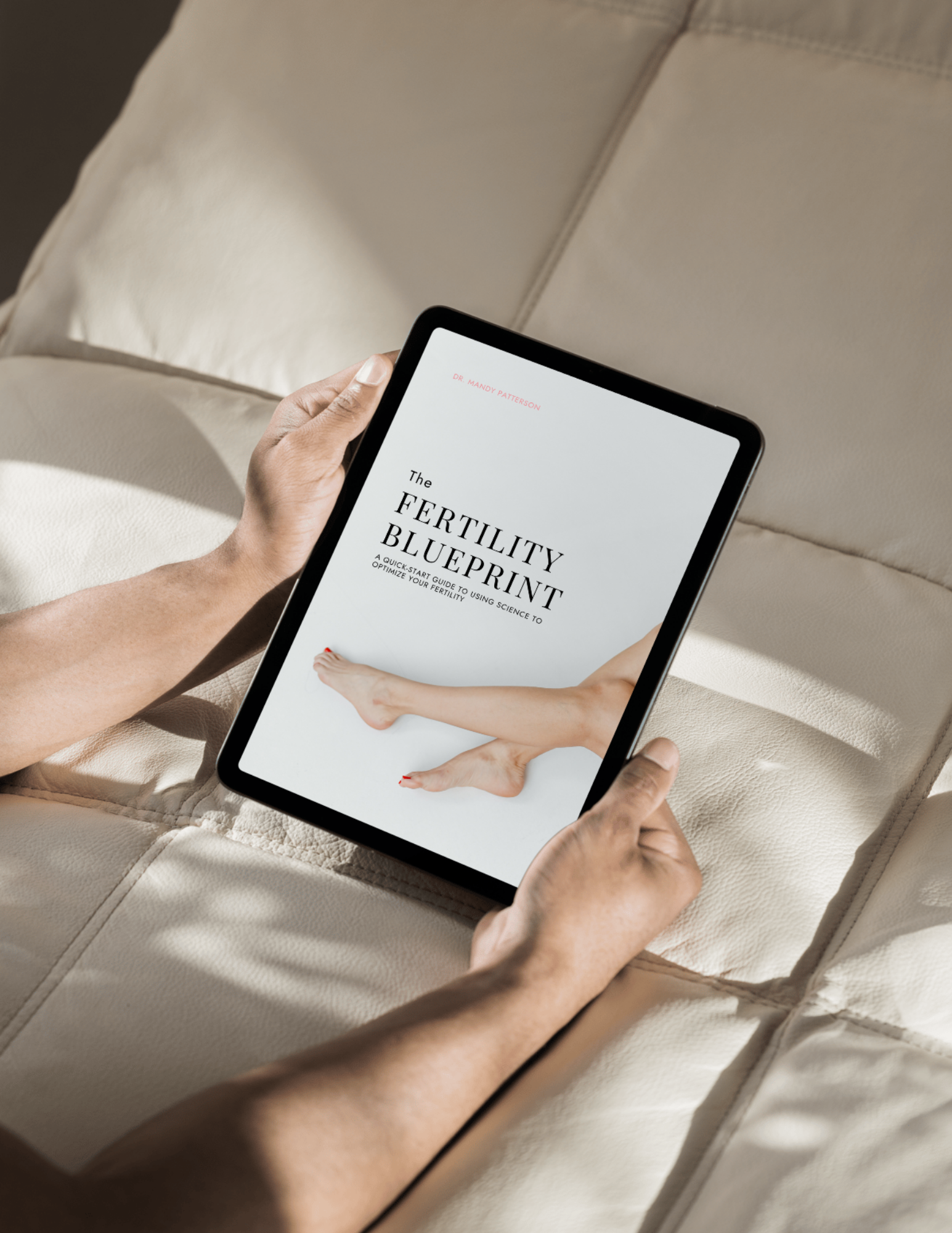Intermittent fasting (IF) is all the rage in the wellness world currently, and not without cause. The practice can be helpful in a myriad of health benefits such as anti-aging, weight loss, and focus and concentration. Unfortunately, there is less information on how intermittent fasting can negatively impact female hormones and the contraindications to be aware of before adopting it into your wellness plan. The truth is, it might not be safe and effective for everyone as it can negatively impact various underlying health issues. It is important to consider your unique nutritional needs, genetics, and overall health in a risk benefit ratio.
We all know men are from Mars and women are from Venus. In essence, men are built biologically differently from women and what works for men, doesn’t always work for women. This holds true for intermittent fasting because in spite of the benefits, there are a few precautions women should take before jumping headfirst into IF.
In this article, I’ll share the ins and outs of fasting, the numerous health benefits of intermittent fasting, and the effect intermittent fasting has on female hormones. The aim is to understand why and how intermittent fasting affects women differently based upon their unique bioindividuality and level of wellness.
Let’s get started!
What is Intermittent Fasting?
In the most basic sense, intermittent fasting is a timed approach to eating. The focus is less on “what” you eat and more on “when” you eat. The goal is to provide your body with the necessary rest time between meals in order to increase the release of stored fat as a primary fuel source for the body. It can be tailored to your unique needs and practiced daily or weekly.
While it’s popular now, intermittent fasting is not a new concept and it has been around a long time. It has been used as a religious practice for centuries. In fact, the first study on the topic came out in 1945 when researcher James Clear noted that intermittent fasting extended the life of his research mice.
More recently, Dr. Valter Longo, a world renowned researcher at the University of Southern California and the author of the Longevity Diet, has studied the benefits of fasting and its effect on disease states as well as the gene regulation on cellular protection and anti-aging.
So, how does intermittent fasting work?
When you are in a fasted state, physiologically, you are no longer providing your body with glucose, which your body typically uses as a fuel source.
Instead, once the body has exhausted all available glucose (typically anywhere between 12-16 hours of fasting), your body will induce the release of stored glucose which is found in your liver. This form of stored glucose is known as glycogen. Your body will begin to break down this glycogen into ketones that your body can use as a primary fuel source.
Health Benefits
There are a great many health benefits from intermittent fasting. The benefits stem not just from eating less, but also from metabolic adaptations that occur when you go longer without eating. Here are some of those health benefits:
Anti-aging – Intermittent fasting stimulates autophagy which is your body’s way of cleaning out damaged cells in order to promote newer, healthier cells. It’s linked to chronic disease prevention and longevity. The sweet spot for autophagy is at the 16 hour mark. So, if anti-aging is one of your primary goals, you might consider fasting 16 hours a day to reap this benefit.
Increases Growth Hormone – Intermittent fasting causes the release of a hormone known as Human Growth Hormone (GH), which has been commonly known for its anti-aging effects on our body. When released, human growth hormone helps our body build muscle and burn fat hence assisting in weight loss.
Lowers Insulin – During intermittent fasting blood levels of insulin drop significantly, which facilitates fat burning and reduces insulin sensitivity. This is linked to a decrease in obesity and type 2 diabetes.
Promotes weight loss – Intermittent fasting promotes weight loss, particularly a reduction in visceral fat. Visceral fat is the fat stored within your abdominal cavity and is considered the “disease-causing fat” because it can be stored around a number of important internal organs.
Promotes brain health – Intermittent fasting can increase the production of brain-derived neurotrophic factor (BDNF). BDNF can reduce the dysfunction of neurons in the brain and has even been shown to reduce the degeneration of neurodegenerative disorders in animal models.
Anti-inflammatory – Intermittent fasting has been shown to lower two key inflammatory biomarkers, C- reactive protein (CRP) and Interleukin -6 (IL-6). This helps prevent chronic inflammation and many of the diseases associated with chronic inflammation.
Promotes heart health – Intermittent fasting increases the formation of antioxidants which are thought to prevent the formation of plaques in arteries. It has also been shown to lower blood pressure and reduce the risk and severity of cardiovascular disease as well as lowering homocysteine levels, another marker of cardiovascular disease.
Intermittent Fasting Schedules
Intermittent fasting has become increasingly popular not only for all of the health benefits, but because it can be easily incorporated into any lifestyle. Some of the most common intermittent fasting schedules include 16/8, 5:2, and 24-hour fasts. The most common fasting schedule is the 16/8 where you fast for 16 hours and eat within an 8-hour time block. The easiest way to achieve this is by eating an early dinner and not eating again until morning. The 5:2 schedule promotes a normal diet five days a week but extreme calorie restriction for the other two days. The 24-hour fast is exactly as it sounds with fasting for a full 24-hours.
Intermittent Fasting and Female Hormones
You are probably thinking this all sounds amazing and when can you get started. From the health benefits to the ease of doing a 16/8 fast, intermittent fasting seems like one great way to optimize your health. You’re not wrong, but it’s also not for everyone. For some women, it takes time to implement positive health habits and they have to work up to longer fasting windows or they end up crashing due to debilitating fatigue and exhaustion.
For some women, intermittent fasting with longer windows can disrupt estrogen balance and throw a wrench in essential physiological processes.
A woman’s reproductive function is intricately connected to her metabolic function, and vice versa. When a woman’s body gets a “starvation signal” from her environment, like not eating for a ling stretch of time, it goes into the preserve and protect mode. In essence, this means that the body holds onto weight by increasing the production of the hunger hormones ghrelin and leptin. It also slows down non-essential functions like reproduction so this can make getting pregnant challenging.
As a woman, your hormones are very sensitive to how much food you put into your body. If you regularly participate in extended fasts or one of the more restrictive patterns of eating, you may be overly stressing your body out which negatively impacts your hormone balance.
If you know me, you know I always say your reproductive health is a key indicator of your overall health. Regardless if you are not trying to get pregnant or if you know your family is complete, shutting down your reproductive system is not good for your body.
Who Should Practice Intermittent Fasting?

Intermittent fasting can be a helpful tool for many health benefits including hormone balancing. However, each woman is unique and there are some important considerations to weigh before implementing it into your routine.
So, what does this information on intermittent fasting mean for you? It does mean that you should ease into it and listen to the cues from your body throughout the entire process. It also means there are some seasons in life when you should not practice intermittent fasting and work on other beneficial health habits such as making sure you are going 3-4 hours between your normal meals during the day. Those seasons include:
- If you are breastfeeding or nursing
- If you are trying to conceive
- If you have a history of disordered eating habits
- If you have amenorrhea (or lack of period)
- If you are already under high stress
- If you have advanced liver or kidney dysfunction, hyperthyroidism or underlying vascular challenges such as cerebrovascular insufficiency or dementia
Safety Precautions
If you do decide to fast, there are a few safety precautions you should implement.
Start slow – if you’ve never fasted before it’s not wise to jump into an extended fast. Instead, start by simply extending the time between dinner and breakfast. Start slowly, even a 10-hour fast is beneficial if you used to graze all night. I generally recommend my clients to experiment with a 10 to 12 hour window. We are all different and fasting affect people differently.
Stay hydrated – Fasting may mean you don’t eat any food, but it doesn’t limit calorie-free drinks. Staying hydrated is important to help ward off feelings of hunger and headaches. Plus, if you aren’t eating as much water-containing food, you may need to drink more to reach your total fluid needs.
Limit strenuous exercise – Depending on how long you fast you probably want to limit strenuous physical activity.
Meal plan – Have healthy, yummy foods planned for when you break your fast so you aren’t eating whatever you can get your hands on.
Listen to your body – If you don’t feel well while fasting you don’t need to force it. Listen to your body and stop if you need to. There are other ways to lose weight and optimize your health.
In the conclusion of this article, intermittent fasting and hormones is not a “one size fits all” scenario. In the field of functional and naturopathic medicine, practitioners approach each individual as a unique case study of one. In my practice, I do comprehensive health histories with my clients to understand their unique health needs.
Work with a holistic health coach – If you are interested in intermittent fasting but don’t know where to start consider working with a certified holistic health coach.



















